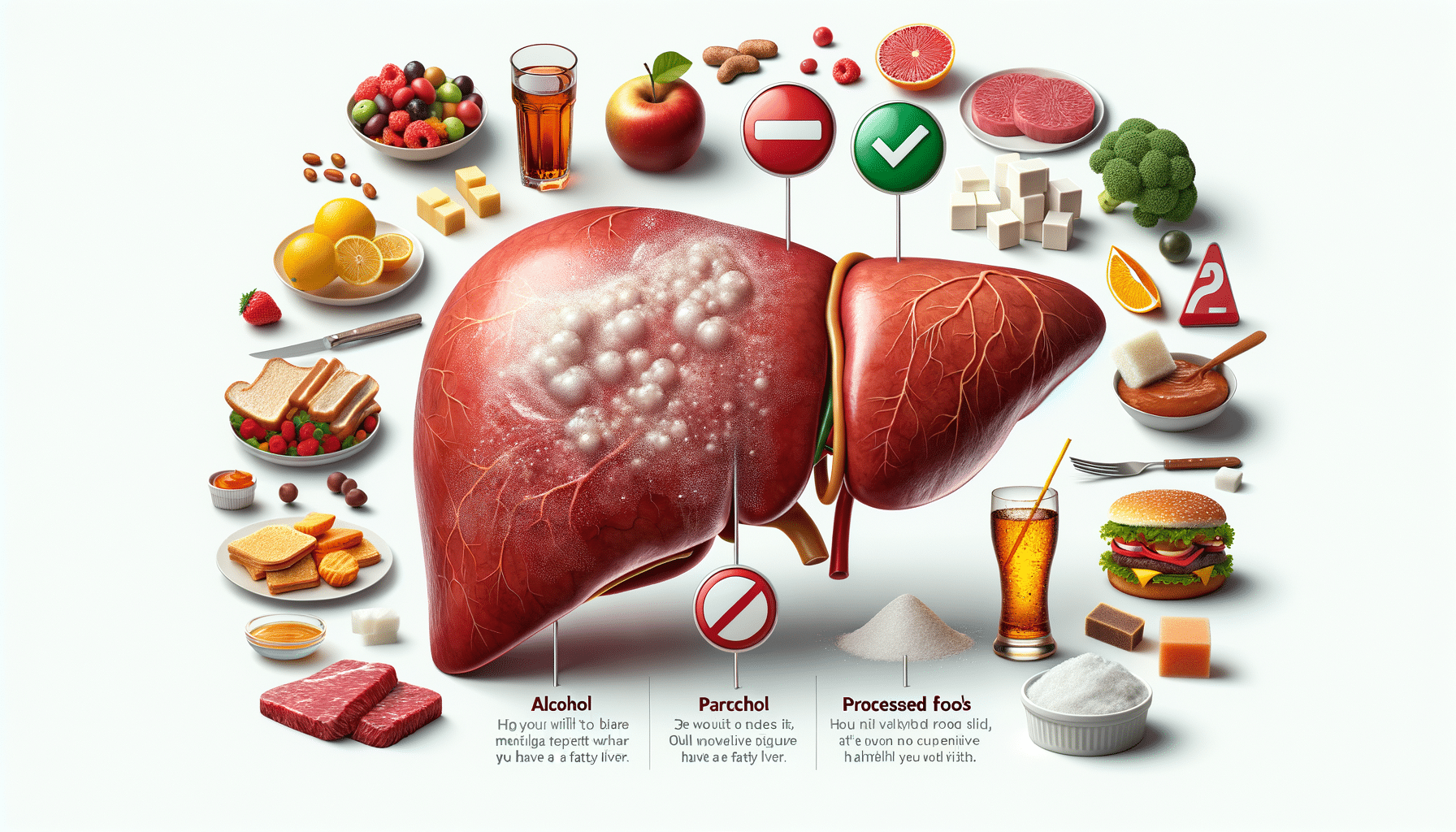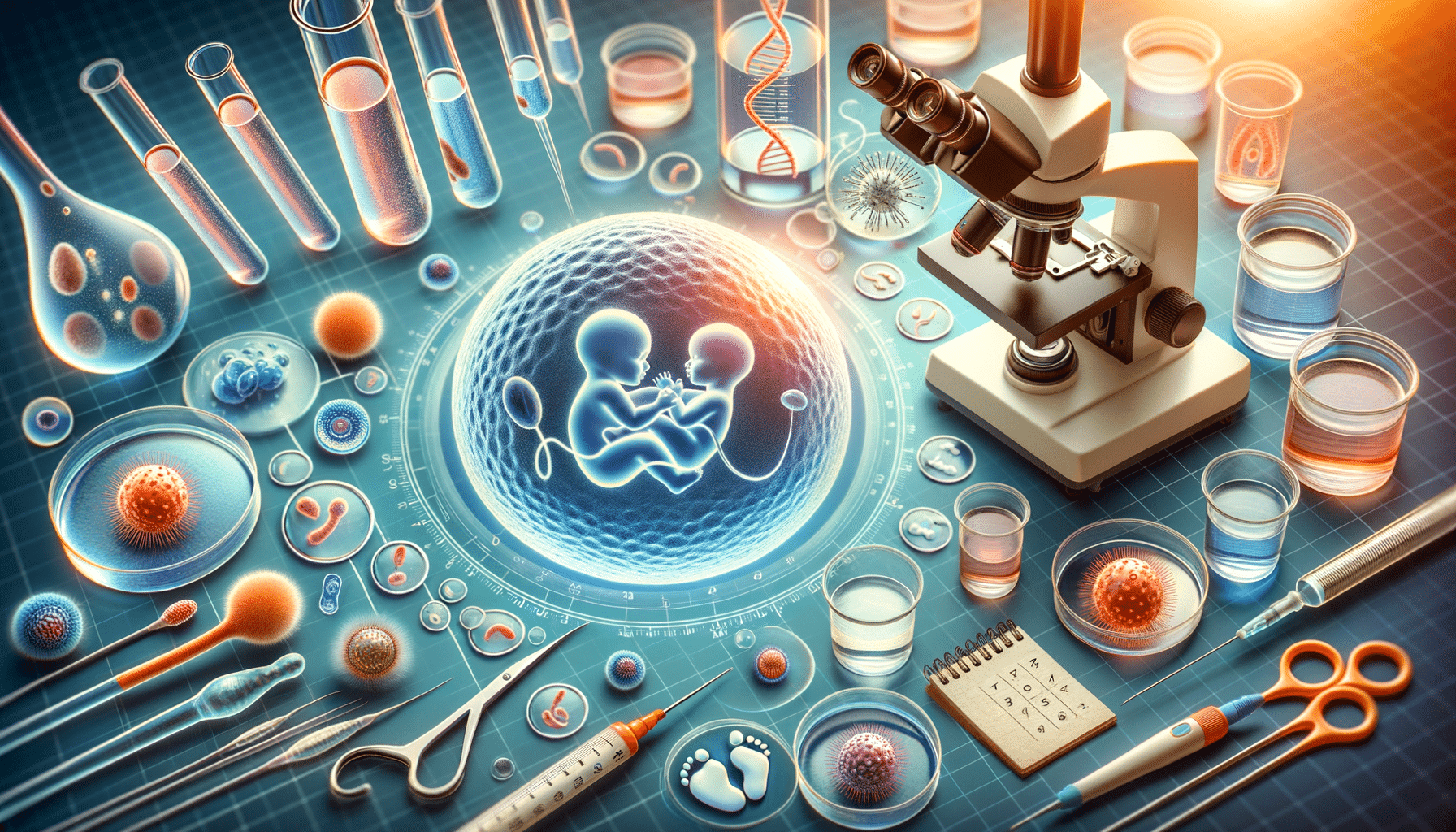
3 Foods to Avoid If You Have Fatty Liver
Understanding Fatty Liver Disease
Fatty liver disease, also known as hepatic steatosis, is a condition characterized by the accumulation of excess fat in the liver. This condition can be attributed to various factors including obesity, high cholesterol, and excessive alcohol consumption. The liver, a vital organ responsible for filtering toxins from the blood, becomes less efficient when burdened with excess fat, potentially leading to inflammation and liver damage.
There are two main types of fatty liver disease: non-alcoholic fatty liver disease (NAFLD) and alcoholic fatty liver disease (AFLD). NAFLD is more common and is often linked to lifestyle factors such as diet and exercise. Understanding the underlying causes and symptoms of fatty liver disease is crucial for managing and preventing its progression.
Symptoms of fatty liver disease can be subtle, often going unnoticed until the condition has advanced. Common signs include fatigue, abdominal discomfort, and unexplained weight loss. Early detection through regular check-ups and liver function tests can help in managing the condition effectively.
The Role of Diet in Fatty Liver Management
Diet plays a pivotal role in managing fatty liver disease. A balanced diet rich in nutrients and low in unhealthy fats can help reduce liver fat and improve liver function. Patients are often advised to focus on whole foods, including fruits, vegetables, lean proteins, and whole grains. These foods provide essential nutrients without overloading the liver with excess fat.
Conversely, certain foods can exacerbate the condition and should be avoided. These include sugary foods and drinks, which can increase liver fat, and foods high in saturated fats, such as fried foods and fast food. Reducing the intake of these foods can significantly improve liver health.
Incorporating regular physical activity alongside dietary changes can further enhance liver health. Exercise helps in maintaining a healthy weight and reducing liver fat, which is crucial for managing fatty liver disease.
Sugary Foods and Beverages
Sugary foods and beverages are among the primary culprits in the development of fatty liver disease. Consuming high amounts of sugar can lead to increased fat deposition in the liver, exacerbating the condition. Common sources of added sugars include sodas, candies, and baked goods.
Fructose, a type of sugar found in many processed foods, is particularly harmful to the liver. It is metabolized in the liver and can lead to increased fat production. Reducing the intake of foods high in fructose can help in managing fatty liver disease.
To minimize sugar intake, focus on natural sweeteners and whole fruits, which provide fiber and nutrients without overwhelming the liver. Reading food labels and being mindful of hidden sugars in processed foods can also aid in reducing sugar consumption.
Processed and Fried Foods
Processed and fried foods are often high in unhealthy fats, which can contribute to liver fat accumulation. These foods typically contain trans fats and saturated fats, both of which are detrimental to liver health. Regular consumption of processed and fried foods can lead to inflammation and further liver damage.
Examples of foods to avoid include chips, fried chicken, and pre-packaged snacks. These foods not only increase liver fat but also contribute to overall weight gain, which is a significant risk factor for fatty liver disease.
Instead, opt for cooking methods that require less fat, such as grilling, baking, or steaming. Incorporating healthy fats, such as those found in avocados and nuts, can provide essential nutrients without harming liver health.
Alcohol and Its Impact on the Liver
Alcohol consumption is a well-known risk factor for fatty liver disease. Alcoholic fatty liver disease is directly linked to excessive alcohol intake, which can lead to liver inflammation and damage. Even moderate alcohol consumption can exacerbate liver conditions, making it crucial to monitor and limit intake.
For those with fatty liver disease, abstaining from alcohol is often recommended to prevent further liver damage. Alcohol can interfere with the liver’s ability to process fats, leading to increased fat accumulation.
In social settings, consider opting for non-alcoholic beverages or mocktails to enjoy the occasion without compromising liver health. Awareness and moderation are key to managing fatty liver disease effectively.


